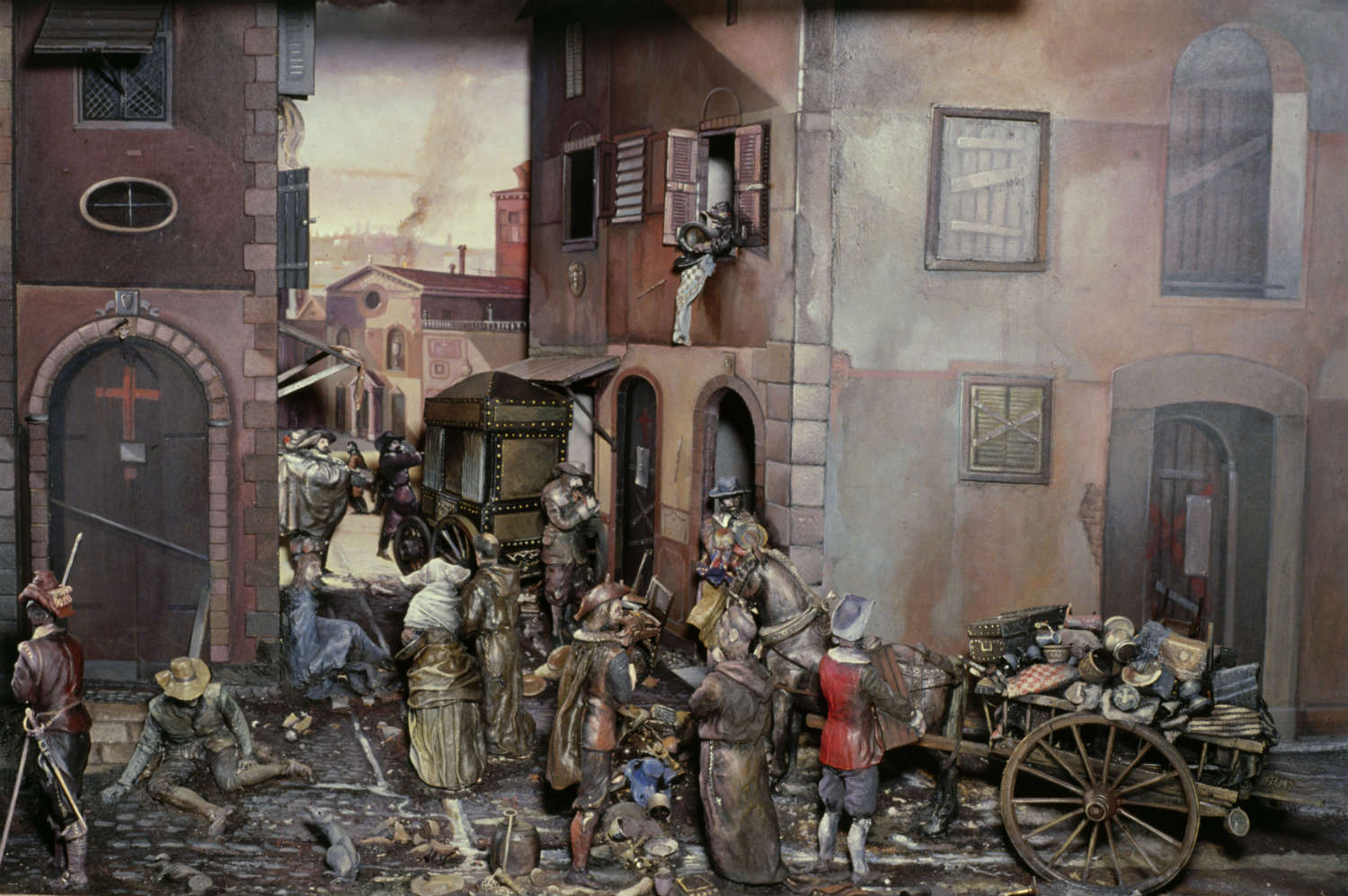

Sure enough on day seven I get much worse. If I call “15,” he says, an ambulance will take me to whatever hospital has beds left. Now he’s on the phone saying don’t call me, there’s nothing I’ll be able to do. He’s the neighborhood doctor I last saw for a special authorization to swim because of “skeletal problems,” who gave me a fifty-euro prix d’ami- a discount for his swimming prescription. If my oxygen rate falls below 94, I should call “15” for an ambulance. The doctor said to watch out for day seven: that’s when some people dive deeper into violent illness.

But I end up typing in a daze, drawn to the words in spite of myself. In fact, I’m worried that the effort of getting through this illness is making me indifferent to writing about it. I joke with Laura that after being sick, I’ll never write about Camus’s novel the same way. I imagine a chronicle that would begin: “day 20 of Covid,” in which I claim my disease in medias res.

Read More about States of Plague Read Less about States of Plague They describe how they learned to contemplate the skies of a plague spring, to examine the body politic and the politics of immunity.īoth personal and eloquently written, States of Plague uncovers for us the mysterious way a novel can imagine the world during a crisis and draw back the veil on other possible futures. Along the way, Kaplan and Marris examine how the novel’s original allegory might resonate for a new generation of readers who have experienced a global pandemic. Through these pages, they find that their sense of Camus evolves under the force of a new reality, alongside the pressures of illness, recovery, concern, and care in their own lives. Kaplan’s chapters explore the book’s tangled and vivid history, while Marris’s are drawn to the ecology of landscape and language. In thirteen linked chapters told in alternating voices, Alice Kaplan and Laura Marris hold the past and present of The Plague in conversation, discovering how the novel has reached people in their current moment. Many found in it a story about their own lives-a book to shed light on a global health crisis. Surrounded by terror and uncertainty, often separated from loved ones or unable to travel, readers sought answers within the pages of Camus’s 1947 tale about an Algerian city gripped by an epidemic. States of Plague examines Albert Camus’s novel as a palimpsest of pandemic life, an uncannily relevant account of the psychology and politics of a public health crisis.Īs one of the most discussed books of the COVID-19 crisis, Albert Camus’s classic novel The Plague has become a new kind of literary touchstone.


 0 kommentar(er)
0 kommentar(er)
